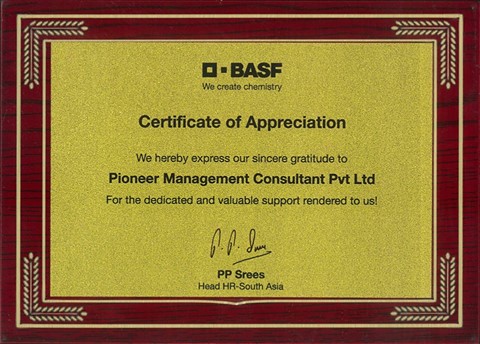To a large extent, mental health stays a social issue riddled with stigma. In India, mental health still occupies a taboo position that restricts open discussions. According to a study conducted by ?Assocham, around 43% of employees in the private sector in India suffer from mental health issues at work. Workplace stress is one of the many mental health faced by employees.
Another report from The7thFold showed how an uncertain future, personal finances and career growth are the top 3 stress-inducing factors affecting around 50% of the employees in India. Other reasons behind stress include self-health, family health, relationship issues, children’s education, performance appraisal, being laid off, and work deadlines.
What is the world doing?
Organisations worldwide have realised the relationship between employees’ mental health and productivity at work. The realisation since then has prompted several initiatives by the organisation, such as the enforcement of mental health leaves, mental health training programmes, stress management programmes, work-life balance programmes, employee engagement activities and more. While these initiatives aren’t prominent, they are still a step ahead in the right direction, which India is yet to incorporate into their corporate undertakings and operations.
More common than you realise
Shikha is the CFO of a beauty brand and has been working well. She has been working for quite a few years, and despite her decent package, she has been feeling a sense of purposeless. Lately, the thought of working so much, earning well and not being able to spend it on herself has been bothering her. She has been so work-oriented that despite working in a good organisation, making a good income and at a respectable position, she still feels a lack of fulfilment.
This feeling primarily emerges from her insufficient time devoted to her passion, hobbies, friends, family, and herself. This realisation started eating her up from within, taking away her peace of mind; Shikha became more and more restless as each day passed. Despite all that she had induced stress, the realisation of all that she lacked started to affect her productivity at work, and she developed a sleeping disorder. The continuous stress developed into chronic stress that took a physical toll on her and affected her mentally and emotionally.
The influence could be seen in her personal and professional relationships. The detachment and disassociation from her friends and family, frustration at work and inability to develop a work-life balance despite discussions with her supervisor pushed her to file for resignation. Even though the company offered a hike in salary and other benefits, Shikha turned it down to prioritise her needs.
What can you do?
Shikha chose; she prioritised what she knew would benefit her and help her take care of her mental health. While such a choice can only be made from a position of a privilege, it is necessary to take a break, and regardless of what the capitalistic ideals tell you, it is okay to take a break. The notion that you constantly need to step out of your comfort zone to grow is redundant; growth happens when there is stability.
While things around you change at their own pace, you can incorporate these tips to help you feel better and help you maintain a better work-life balance.
#1 Practice Mindfulness: Pretty simple method, all you have to do is take deep breaths and observe your behaviour.
#2 Label Affect: A neuroscientific method involves verbally saying your emotion and feeling aloud, which helps you acknowledge them instead of negating them.
#3 Reframe Your Thoughts: Involve different perspectives. Try to look at the situation from a different perspective than what you usually do.
While the onus is absolutely on organisations to look after the mental health of their employees, a few tricks up your sleeves always come in handy. Finding the time for yourself, your interests, and the people you love is more necessary than what the result-driven society tells you.
"Life should be touched, not strangled. You've got to relax, let it happen at times, and at others move forward with it." - ~ Ray Bradbury
___________________________________________________________________________________________________
Aryan Gulati : An avid reader, researcher, and versatile content writer who is still learning and enjoys the company of animals and books on a peaceful Sunday evening.


.jpg)
Leave a comment